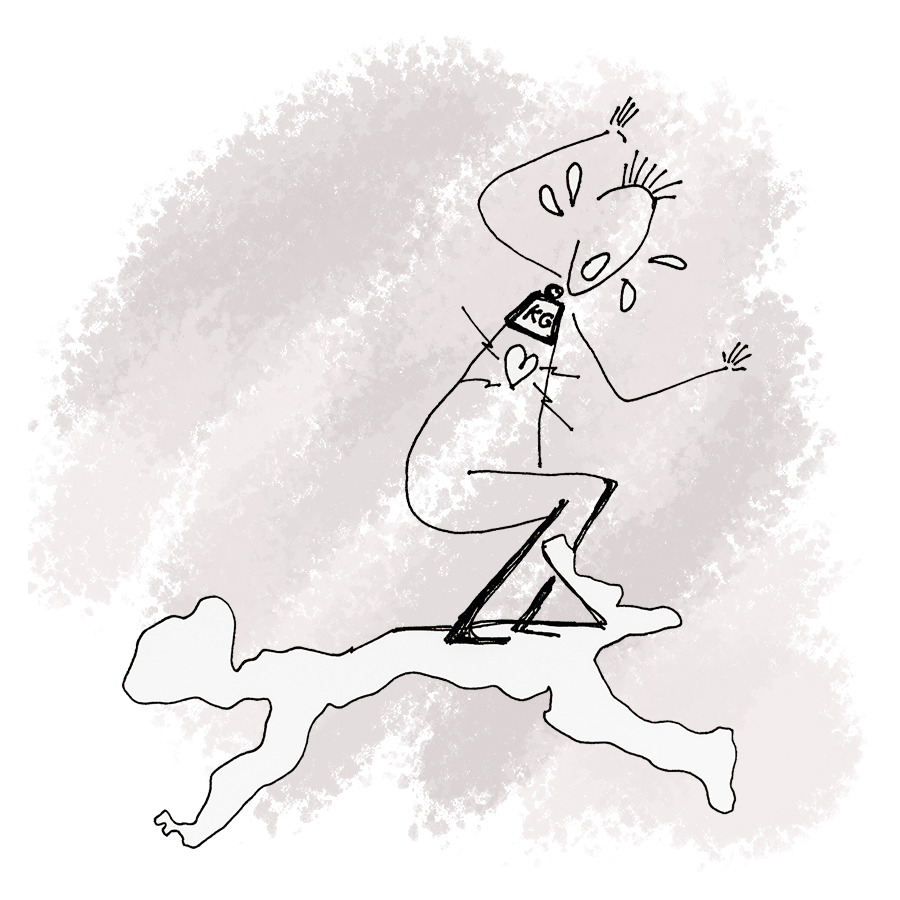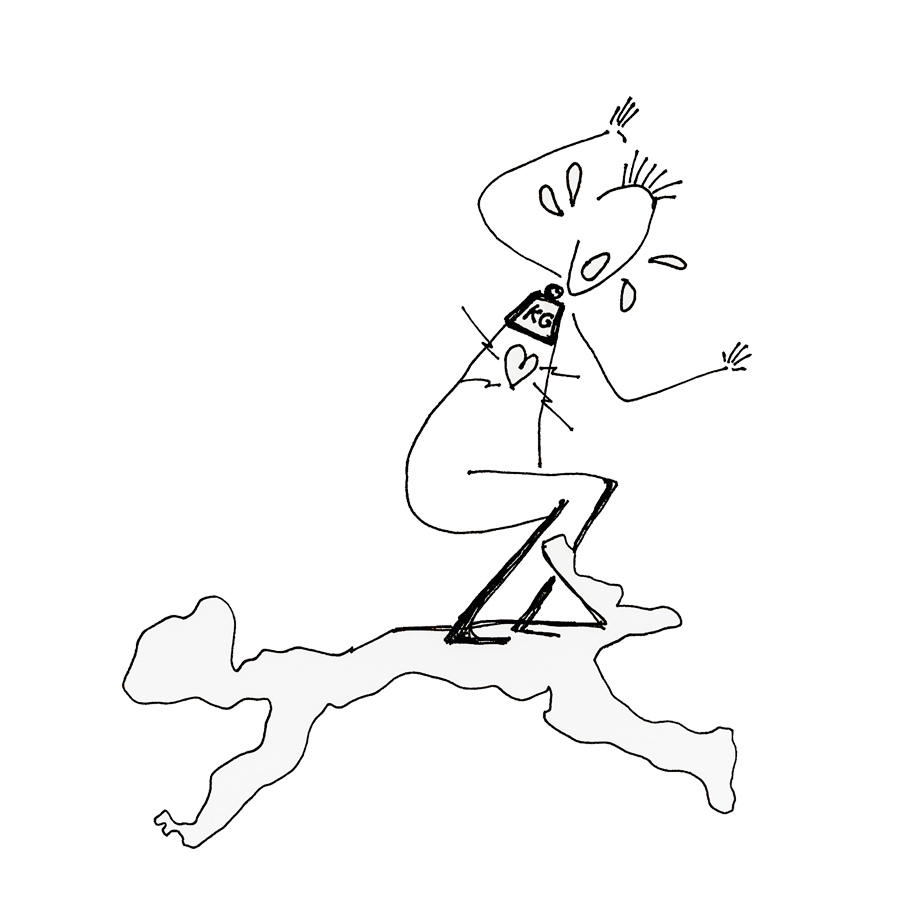Anxiety

For the last three years, Covid long haulers have had to become their own advocates and researchers as they lobby for recognition, funding and proper healthcare. Their knowledge has been hard-won against a backdrop of sickness. They’ve pushed through symptoms that ravaged their previously able-bodies and become the experts of their own disease.
That is why we decided that all the symptoms on this website should be written by patients, for patients. As our co-founder Jenene Crossan says “They poured their hearts, their souls and their deep determination to find just enough energy to put their experiences down for others to benefit from”.
Although we do not intend to give medical advice, the articles have been fact-checked by a wonderful doctor who is suffering from Long Covid too.
About the author
I am a wife, a mother, horse lover and traveller. Prior to getting Long Covid in my mid-40s, in September 2020, life was full. I homeschooled my kids, rode my horse, hiked around our farm, walked on the beach, went to church, and spent time with friends and family. Since contracting ME/CFS from Long Covid, I spend most of my time resting and cannot do the things I loved.
My initial Covid-19 infection was mild and I recovered completely. However, a few weeks after my quarantine finished I developed intense fatigue, crippling headaches, anxiety and nausea. These symptoms were so bad they rendered me bed-bound for months on end.
It has now been two years and while I am better than those initial months, I still struggle a lot.
– Female, NZ European, Tūranga-nui-a-Kiwa/Gisborne

DISCLAIMER: THIS WEBSITE DOES NOT PROVIDE MEDICAL ADVICE
Content shared on this website is for informational purposes only. It should not be taken as a substitute for professional medical advice. Always seek the advice of a qualified healthcare professional regarding a medical condition, diagnosis or possible treatments. Long Covid Support Aotearoa is not liable for risks associated with using or acting upon the information provided on this website.
